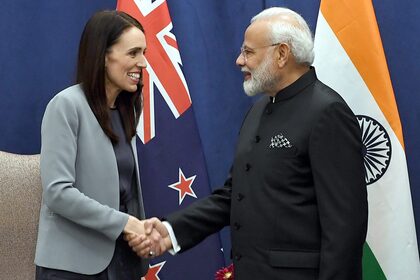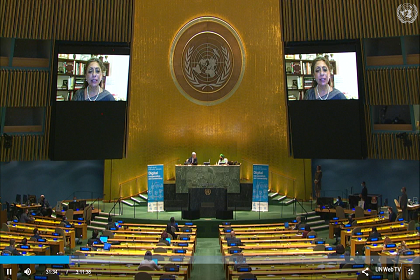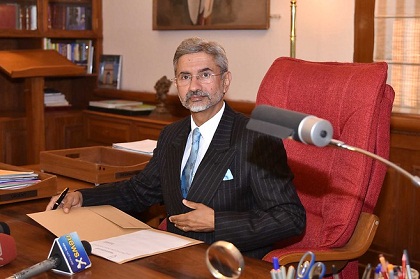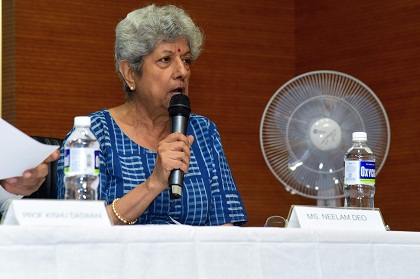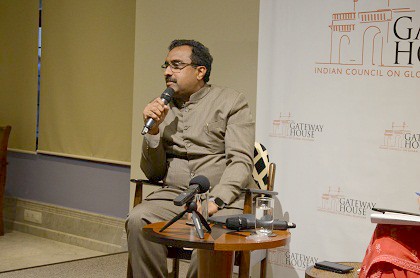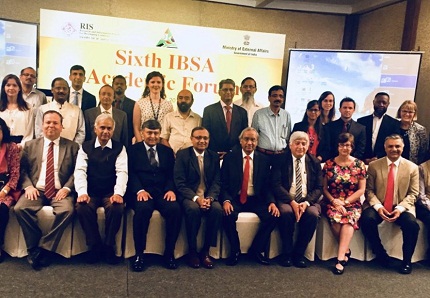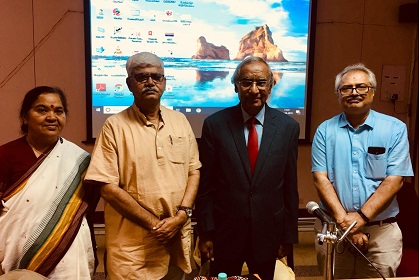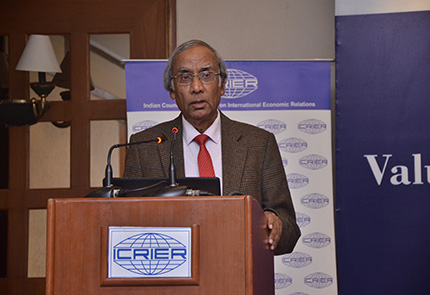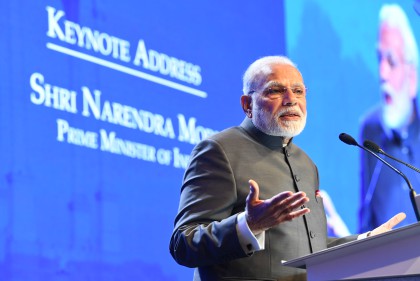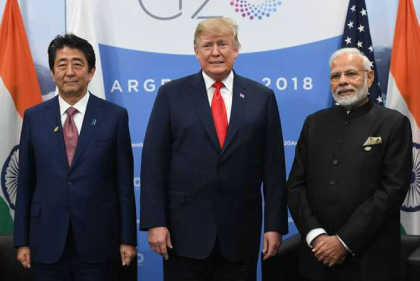Upping the India-New Zealand bilateral
On 23 June 2021, the India-New Zealand Business Council (INZBC) Summit for the year 2021 was held. Ambassador Rajiv Bhatia, Distinguished Fellow, Foreign Policy Studies Programme, participated in the panel discussion and delivered his remarks on ‘Indo-Pacific Strategic Ties’. In his speech, he highlighted India and New Zealand’s voluntary subscription to champion the concept of free, open, inclusive and rules-based Indo-Pacific. He also suggested five policy measures to translate the shared perspective into practical plans and actions for the common good.

